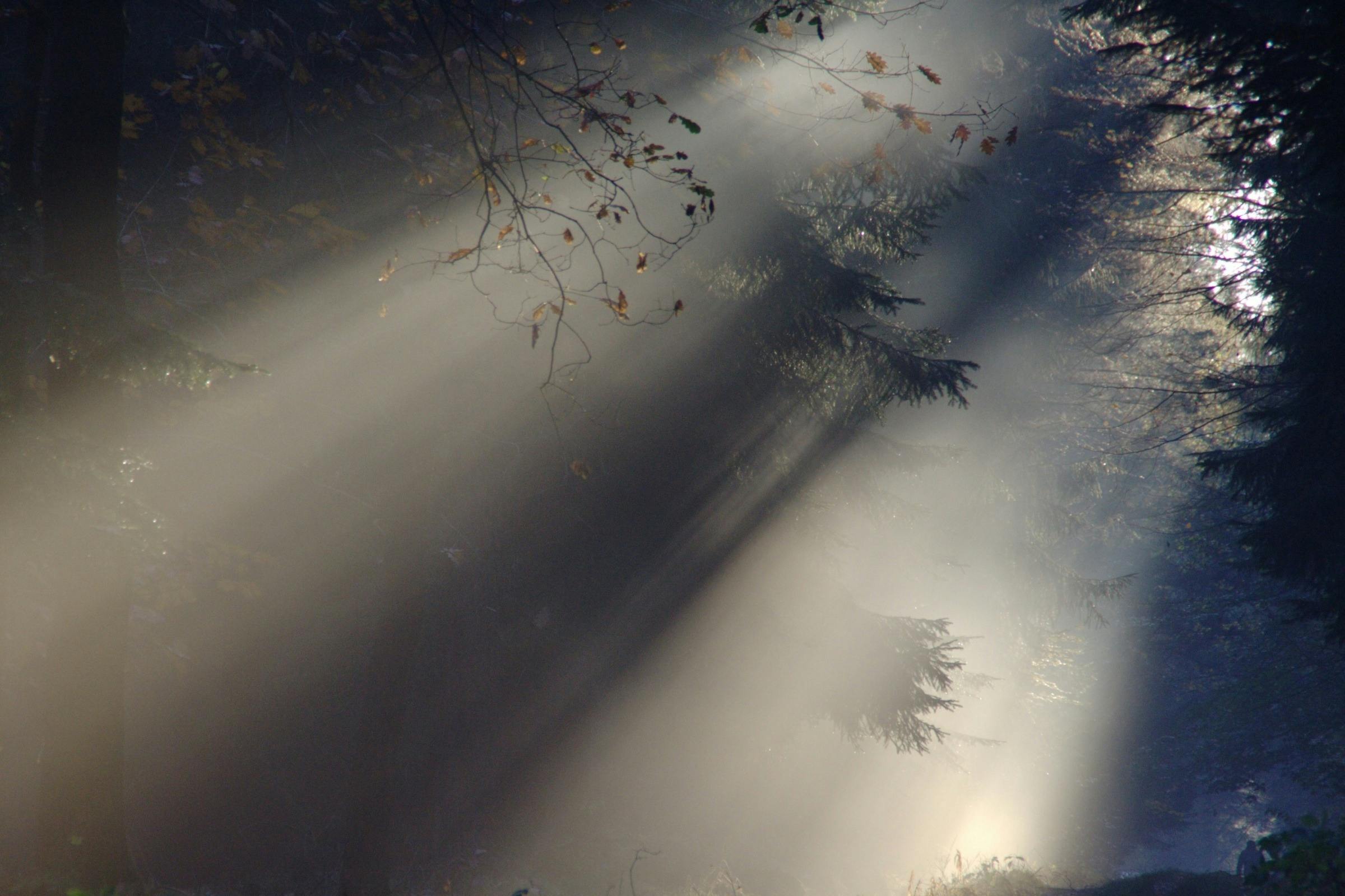Waking with Dread: Understanding the Feeling That “Something Bad Is About to Happen”

Do you ever wake up with a heavy sense of unease—as if something bad is about to happen, even when nothing seems wrong?
One of my clients recently said, “I wake up every day expecting doom.” After just one session, she had a profound breakthrough—and encouraged me to share this publicly so others might find relief too.
Let’s explore what might be going on beneath that morning dread, and how therapeutic approaches like hypnosis and Core Transformation can help.
What’s Actually Happening?
This persistent sense of dread is often linked to anticipatory anxiety—a fear that something might go wrong, even in the absence of a real threat.
In the early morning, your body naturally produces cortisol, a hormone designed to help you wake up and get going. But for people with a history of trauma or chronic stress, this cortisol surge can trigger false alarms in the nervous system. You wake up feeling under threat—even when everything seems fine.
This reaction isn’t irrational or wrong. It’s your system doing what it once thought was necessary to keep you safe. But now, it may be stuck in a high-alert loop that’s no longer serving you.
A Metaphor to Understand It
Imagine there’s a smoke alarm in your house. It was installed to protect you. Maybe once, it saved your life. But now, it goes off every morning — it keeps doing it’s job even when there’s no fire any more.
That alarm isn’t broken — it’s just oversensitive. It still believes it needs to protect you at all times, from something that no longer exists.
The alarm keeps ringing – until it learns the fire is no longer there.
It doesn’t realise that you’re no longer in that old danger, that today is a new day. The alarm needs reassurance and maybe a gentle reset, not to be smashed or silenced with force.
In our work together, we don’t try to silence or smash the alarm. We listen to it, understand what it’s protecting, and gently help it realise: the fire is out, and you’re safe now.
We’re giving your system permission to trust the quiet again.
When the World Feels Like a Threat
Living in a state of constant dread makes the world feel hostile. Even joyful or neutral experiences can be coloured by hypervigilance or fear.
But the truth is: the world hasn’t changed—our experience of it has.
This inner lens of fear was formed by past experiences, and it once served a purpose. But now, it’s filtering out joy, trust, and calm.
The good news? That lens can be changed.
When those old protective patterns begin to soften, the world starts to feel different—safer, more spacious, and full of possibility.
What Hypnosis Is Really Like
Many people misunderstand hypnosis. They imagine stage shows or being “under someone’s control.” But real hypnosis is nothing like that.
One of my clients described it beautifully:
“It felt like you were peeling back layers, like an onion—going deeper and deeper until you reached the core. And something inside just… healed.”
Hypnosis is a deeply relaxed, focused state where the mind becomes more open and receptive to healing. It helps us access the subconscious—the place where deep patterns live—so we can gently guide them back to balance.
It’s not magic. But it often feels magical—especially when it brings relief you didn’t think was possible.
You Are Not Broken
Morning dread isn’t a sign that something is wrong with you. It’s a sign that your system is intelligent and protective—only just a little stuck in the past. And it’s the system itself that might need just a little of help.
With approaches like NLP, Hypnosis, Core Transformation, and the Wholeness Process, we help your nervous system find a new rhythm—one grounded in peace, presence, and emotional safety.
Because yes, you really can wake up and feel calm again, and I can give you my word for that.
🌸 Dedicated with gratitude…
This article is lovingly dedicated to my dear client, Raashi, whose courage and insight inspired me to write about this deeply human experience. Her words—“people need to know about this”—became the seed for what you’ve just read.
Thank you, Raashi.
Comments will load here
Be the first to comment